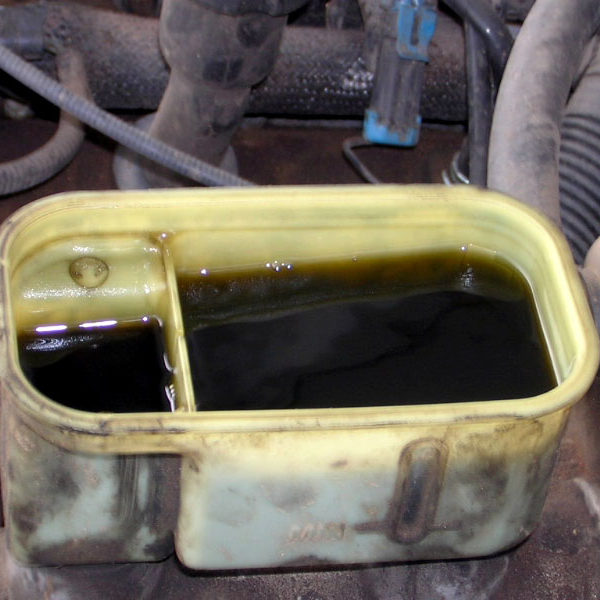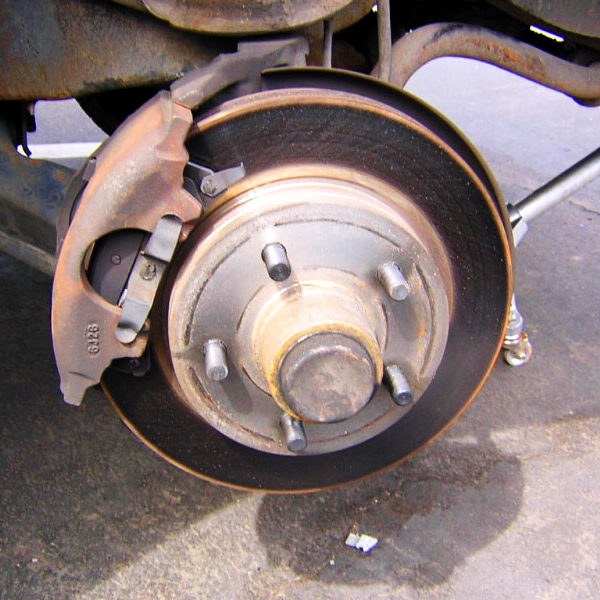TEMPORARY SELF-CORRECTING BRAKE FAILURE CLEARS INSURED OF CRIMINAL CHARGES
Did you know that brake fluid is uniquely formulated to boil at extremely high temperatures? This is because brake friction can easily produce heat above 300 degrees. If the fluid starts to boil, hydraulic pressure plummets, the brakes release, the brake pedal goes to the floor, and . . . CRUNCH!
Then, after the system cools for ten minutes or so, the brake fluid condenses and the system is back to normal. Press the pedal and the brakes feel fine. No wonder the investigating officer at the scene finds nothing wrong with the brakes − the temporary brake failure condition has self-corrected!
Case In Point: An insured 1998 Chevy Blazer ran a red light and T-boned a 1996 Nissan Sentra. The insured vehicle operator claimed the brakes failed. Our inspection of the vehicle braking system components revealed evidence of very high heat at the front rotors and a small amount (about 6%) contamination of an unknown petroleum product (most likely power steering fluid or automatic transmission fluid) in the brake fluid. Turns out the vehicle owner had the oil changed at a "quick lube" location, and the service tech had accidentally topped off the brake fluid reservoir with the wrong fluid! In this case, all charges were eventually dropped against the vehicle operator, and the insurance company recovered through subrogation.


Our 21 Day
Guarantee
In the world of claims adjusting we know that you usually have only a 30-day window in which to determine the merits of a claim. That's why we promise to handle your assignment and get the completed report into your hands within 21 calendar days.
And we back our promise with this guarantee:
If we do not get your assignment completed within 21 calendar days, then we cut your cost in half.

